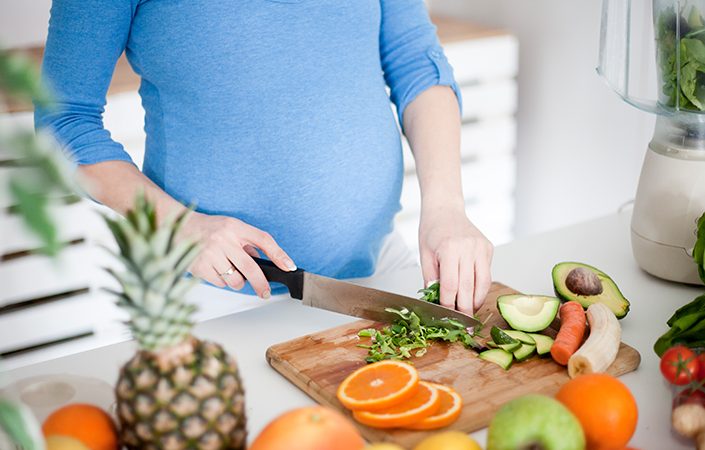
Many of us find it difficult to control our food cravings. Ever get that urge to grab a cookie, doughnut or crisp, especially at night. Wouldn’t it be great if we were able to control our food cravings, to reduce our appetite towards these unhealthy foods that make us gain weight? The good news, we can! Here are 4 ways to help you reduce your appetite and control your cravings for unhealthy foods:
1 – Have a Breakfast Rich in Protein
Eating a breakfast rich in protein was shown to impact the drive to eat later in the day, when you’re more likely to consume high sugar or high fat snacks. A study showed that those who consumed a breakfast rich in protein had increased satiety and snacked less on unhealthy stuff during the evening compared to those who skipped breakfast or had ready to eat cereals.
A breakfast rich in protein reduces your food cravings by regulating your appetite hormones. It reduces ghrelin, a hormone that stimulates hunger and increases peptide YY, a gut hormone that reduces hunger
Try having 20g of protein for breakfast to reduce your desire to eat at night. This is equivalent to 3-4 egg whites or 1 scoop of whey protein added to your morning oats.
2 – Don’t Skip Meals
Skipping meals is one of the leading causes of food cravings. When you don’t eat at regular intervals throughout the day, your blood sugar levels drop; this drop is associated with food cravings, especially sugary stuff. Eating 1 or 2 big meals a day was found to cause rapid rises and falls in blood sugar, while eating frequently helps in keeping your blood sugar levels steady; avoiding cravings!
So never skip meals. Aim having your breakfast within an hour of waking up, and then eating every 2-3 hours from that point to keep your blood sugar levels stable.
3 – Snack on Nuts
Nuts like almonds, walnuts, macadamia and Brazil nuts keep you away from food cravings by reducing your appetite. They contain fat, protein and fibers. Foods containing these 3 nutrients together were shown to provide the greatest satiety. A study showed that those who snacked on almonds had better satiety levels than those who snacked on granola bars or other carby snacks.
Start including nuts in your snacks. Go for unsalted, plain and natural ones and make sure you consume a handful, not the full pack. Although nuts are healthy, they’re dense in calories and can make you gain weight, if you have large portions sizes.
4 – Sleep at Least 6 Hours
Did you know that sleep deprivation is associated with food cravings? Not getting enough sleep disturbs your appetite hormones. It will increase your ghrelin, the hormone that tells your brain your hungry and reduces leptin, the hormone that tells your body you’re full and to stop eating. A study emphasized that disturbance in leptin and ghrelin levels are likely to increase appetite leading to increased cravings throughout the day.
Make sure you’re sleeping at least 6 hours every day to keep your appetite hormones in check!
References
Leidy, Heather J., et al. “Beneficial effects of a higher-protein breakfast on the appetitive, hormonal, and neural signals controlling energy intake regulation in overweight/obese,“breakfast-skipping,” late-adolescent girls.” The American journal of clinical nutrition (2013).
Fromentin, G., Darcel, N., et al. Peripheral and Central Mechanisms Involved in the Control of Food Intake by Dietary Amino Acids and Proteins. Nutrition Research Reviews. 2012. Published Ahead of Print.
La Bounty, Paul M., et al. “International Society of Sports Nutrition position stand: meal frequency.” J Int Soc Sports Nutr 8.4 (2011).
Wien, M. A., et al. “Almonds vs complex carbohydrates in a weight reduction program.” International journal of obesity 27.11 (2003): 1365-1372.
Taheri, Shahrad, et al. “Short sleep duration is associated with reduced leptin, elevated ghrelin, and increased body mass index.” PLoS medicine 1.3 (2004): 62.
Written by Lauren Jacobsen, Nutrition Director




